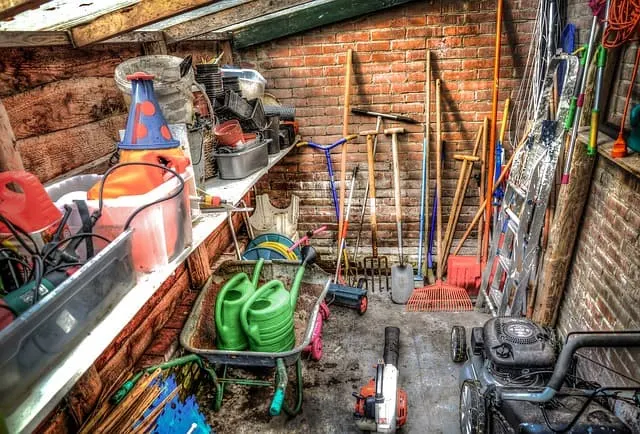
Growing soft fruits in can be a very satisfying experience. Not only do you get fresh, tasty food, but you also get to watch your plants grow from the beginning to the end. In this complete guide, we’ll go over everything you need to know to grow soft fruits in the UK, including tips and advice from experts to help you grow a good crop.
How to Start: Choosing the Right Varieties
Your soft fruit garden will only do well if you choose the right type. Start by thinking about the weather in your area and how much room you have.
If you don’t have a lot of room, try dwarf or compact varieties, which are smaller and fit together better than standard kinds. These plants work well in small yards or pots, so you can get the most out of the room you have.
Using space in your garden to its fullest
Even small yards can grow a lot of soft fruits if they are planted in the right way. Planting in pots or raised beds makes it easier to control the quality of the soil and how it drains. It also saves room. If you train your plants to grow upright, like raspberries and blackberries on trellises, you can make better use of the room you have while improving air flow and making it harder for pests to get in.
Finding the Best Place to Plant
According to nursery specialists of fruit trees at ChrisBowers the best place to put your soft fruits is somewhere that gets a lot of sun and has dirt that drains well. Try to find a spot that gets at least six hours of straight sunshine a day and has soil that drains well. Add organic matter to the soil, like compost or well-rotted dung, to help it drain better and get the nutrients it needs.
When planting, don’t forget to follow the spacing rules for each type to give the plants enough room to grow and get enough air.
Pests and diseases to watch out for in your garden
It is important to keep pests and diseases away from your soft fruit plants if you want to have a good yard. Choose types that are immune and use proper care methods, like pruning and watering, to reduce risks. Check your plants often for signs of pests and diseases, and if you see any, take action right away.
It is also important to keep the place where plants grow clean and healthy. Remove any fallen fruit, leaves, or other garden debris that could be home to bugs or diseases, and keep your garden clean by sanitizing trimming tools.
Expert Advice: Tips from People in the Field
For the best results when growing soft fruits in the UK, talk to people who know about the subject. So that we could give you the most correct and up-to-date information, we talked to experts like Chris Bowers & Sons, a top provider of soft fruit plants. Their knowledge shows how important it is to choose the right types, choose the best place to plant, and take care of the plants properly.
Tending to Your Soft Fruit Garden
For a crop to be good, care must be given regularly. Water your soft fruit plants often, especially when it’s dry or when the plants are bearing fruit. Don’t water them too much, though, to keep root rot from happening. A drip irrigation system or soaker hose can help make sure that the watering is regular and effective.
Use a balanced, slow-release fertilizer to feed your plants, and follow the manufacturer’s guidelines for how much to use. Pruning is another important part of plant care because it helps plants stay the same size and shape and leads to more fruit and better quality fruit.
Your Hard Work Pays Off: Harvest Time
To get the most taste and protein out of your soft fruits, you need to pick them at the right time. Keep an eye on your plants as they start to bear fruit and learn how ripe each type of fruit should be. As a general rule, soft fruits should be full-colored, plump, and easy to pull off with a gentle tug.
Strawberries are usually ready to pick 30 days after the first flowers appear, while raspberries and blueberries are usually ready between late summer and early fall. Keep in mind that harvest times can change based on the type of crop and the weather in the area.
When picking, be gentle with the fruits so you don’t break or damage them. Cut them off the plant with clean, sharp scissors or secateurs. You should pick your soft fruits often because keeping them on the plant for too long can cause them to go bad or attract bugs.
The cultivation of soft fruits in the United Kingdom may be a very satisfying endeavor that results in an abundance of scrumptious food cultivated at home to put on your table. You may successfully establish a flourishing soft fruit garden that will give you and your loved ones with delicious fruits that are both fresh and full of taste if you use the appropriate plant species, planting methods, and continuing maintenance. If you follow this detailed approach and seek out professional help when you run into questions along the road, you’ll be well on your way to a plentiful crop of soft fruits.
- Sagittarius Man & Gemini Woman Love and Sex Compatibility - January 31, 2024
- Taurus Ascendant Rising Personality Traits in Men (Guide) - January 31, 2024
- How to Seduce and Attract a Sagittarius Man (Seduction Tips) - January 31, 2024
